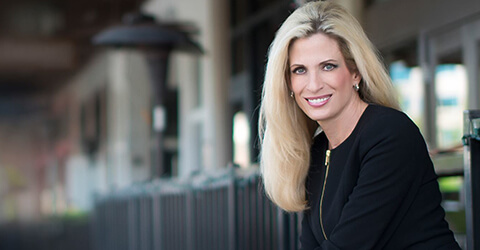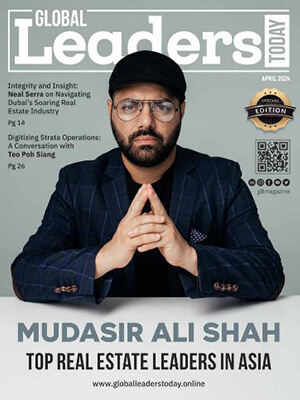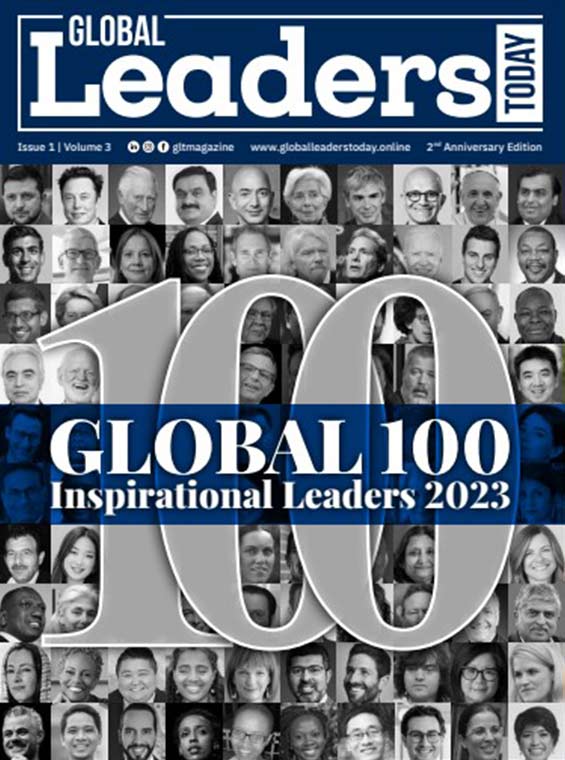Dr Diane Hamilton is the Founder and CEO of Tonerra, a consulting and media-based business. She is a nationally syndicated radio host, keynote speaker, and the former MBA Program Chair at the Forbes School of Business. Dr Hamilton has authored multiple books required in universities worldwide, including Cracking the Curiosity Code: The Key to Unlocking Human Potential and The Power of Perception: Eliminating Boundaries to Create Successful Global Leaders. She is the creator of the Curiosity Code Index® assessment, the first and only assessment that determines the factors that inhibit curiosity and the Perception Power Index, which determines the factors that impact the perception process. Thinkers50 Radar has also chosen her as one of the top minds in management and leadership.
Dr Diane Hamilton had an extremely happy childhood growing up, although she remarked it was pretty unusual as well. She explains, “Neither of my parents worked, so I didn’t have real role models for the working world, which is interesting since I now work almost 12 hour every day. My father was born legally blind so he couldn’t work.”
Her mother was a typical housewife who looked after her family and the kids. Reminiscing her childhood fondly, she says, “I think a lot of what my father did created my sense of curiosity, which is what I’m known for now. He always made us play school at the dinner table, and he would ask age-appropriate questions to each of us to make it fun and interesting.” Another prominent aspect of her childhood was the constant competition amongst siblings that gave her a headstart as a brilliant salesperson.
Growing up, her mother had strong values; reflecting on the subject, she added, “You’re taught these values by your parents when you’re a kid. But as you grow, you realize that there are other values out there, it’s beneficial because it makes you develop empathy. I wrote my doctoral dissertation on emotional intelligence and a big part of that is empathy. So I think growing up with just one view, which most of us do can be quite limiting.”
Guided by her interest in understanding the workforce better, Dr Hamilton decided to pursue a degree in Business Management with a focus on Personnel. She recalled, “I would work all day and then go to school at night. It was a gruelling task because I was working in an agricultural chemical office and I also was getting married at the time that resulted in me being perpetually exhausted. But through it all, I recall it being a great experience.”
After her relentless perseverance in attaining her undergrad degree, Dr Hamilton’s first job was selling computer softwares at two school districts. She continued, “Which is interesting because I ended up in the education field later.” Talking about her sales experience, she says, “From mortgages to softwares, you name it, and I’ve sold it all. I think having sales as a background is such an excellent foundation for just about any job, because everything is sales, my husband’s a physician and he has to sell everyday but we barely ever think about it that way.”
After a while, she started her family and decided to settle into her role as a mother to put her children first. She took a job as a pharmaceutical sales rep; she explained, “It allowed me more flexibility, I could go to teacher conferences and be there for my children. The company also paid for my Master’s, which was a big step. And it made me interested in getting further education. My love for education started about that time.”
After working in the company for nearly 20 years, the turning point in her career, however, was when Dr Hamilton decided to call it quits and follow her passion since her children were now old enough to take care of themselves. Upon leaving, Dr Hamilton studied her options and decided to pursue a doctorate. She always fostered a deep love for education, and after attending the classes for her doctorate, she knew her passion lay in the Education sector.
This led her to discover the world of online education and help others, as she had previously suffered the wrath of balancing work and night school simultaneously. Due to this, she had a newfound appreciation for people trying to do both work and study. she says, “So I started to teach multiple online classes, and I’ve taught thousands of them till now.” She continued, “However, after a while, I decided that I didn’t want to be in education as much as I wanted to help people become curious and learn more.”
After decades of experience in the corporate world, Dr Hamilton decided to share her knowledge by gathering her insights in her new book. She explains, “When I started writing the book, It was just going to be an ordinary book, but then I started to contemplate about the assessment to determine curiosity levels. And there were some assessments that would tell you if your curiosity levels were high or low. But then what do you do? Where’s the assessment that tells you what’s stopping you from being curious? And there wasn’t one.”
Determined to fix this, Dr Hamilton created the curiosity code index from scratch. She researched, conducted experiments and finally succeeded in her quest for curiosity. She says, “It’s like a personality test that you would quickly take online that is backed by peer-reviewed research that I’ve published in scholarly journals.” This test was crucial in developing what keeps people from being curious, finding the factors involved, and devising a strategy to overcome those barriers.
After her immense success with the test, she realized it was imperative to share her knowledge with organizations by training them to develop curiosity and perception, a building block in every organization. This led to the birth of Tonerra, a consulting and media-based firm founded by Dr Hamilton.
Her company, Tonerra, has since done groundbreaking work in the curiosity segment. She has previously worked with the Telecommunications Giant Verizon on an exciting project. She says, “We did some videos that were used for onboarding to encourage curiosity as well as for their training programs. We worked together to create content that focused on the importance of curiosity by highlighting employees who suceeded due to their high curiosity levels. These videos performed remarkably and has helped to increase the overall curiosity index of their employees and improve innovation.”
She has also worked with companies like Novartis, a pharmaceutical company researching the area of curiosity. She adds, “They are doing commendale work in the segment and adding to the value of curiosity and its impact on engagement in organizations.”
Her exemplary work led her to be included in the Thinkers 50 radar as a Top Mind in Management and Leadership. She has since served on multiple boards and also worked alongside top CEOs from Adobe, McDonald’s, General Motors, Yahoo!, NASA, North Face, Oracle, Salesforce, Cisco, United Airlines, Shark Tank’s Kevin O’Leary, and many other top brands.
In conclusion, her advice to young leaders is, “The leaders you’ve had in the past may or may not be the best role models, but you won’t know until you get mentoring. I think getting several mentors to give you an idea of how to succeed is imperative. I’ve met some people who try to emulate their last leader and unforunately for them, their last leader wasn’t very good. Having the right mentor or mentors paves the path to success.”









